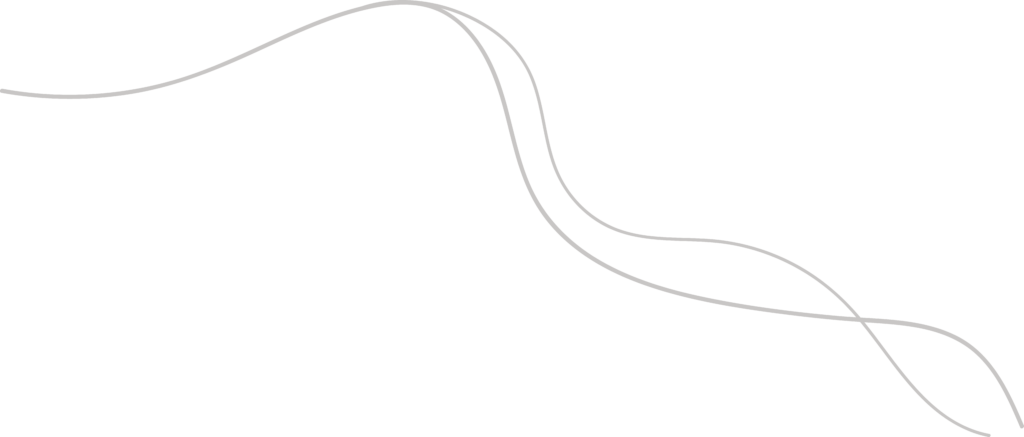Coave Therapeutics is a French biotech developing gene therapies for neurodegenerative and ocular diseases. The company has developed a technology platform that can be used to redecorate the outer surface of viruses, creating gene therapy vectors that are better at accurately delivering healthy genes to the right target cells, including neurons in the deep brain tissue. By combining this vector technology with transgenes restoring natural cell cleaning pathways, the company has created a pipeline of therapies for both genetically and non-genetically defined neurodegenerative diseases, such as Parkinson’s Disease, Multiple System Atrophy (MSA), and Amyotrophic Lateral Sclerosis (ALS).



